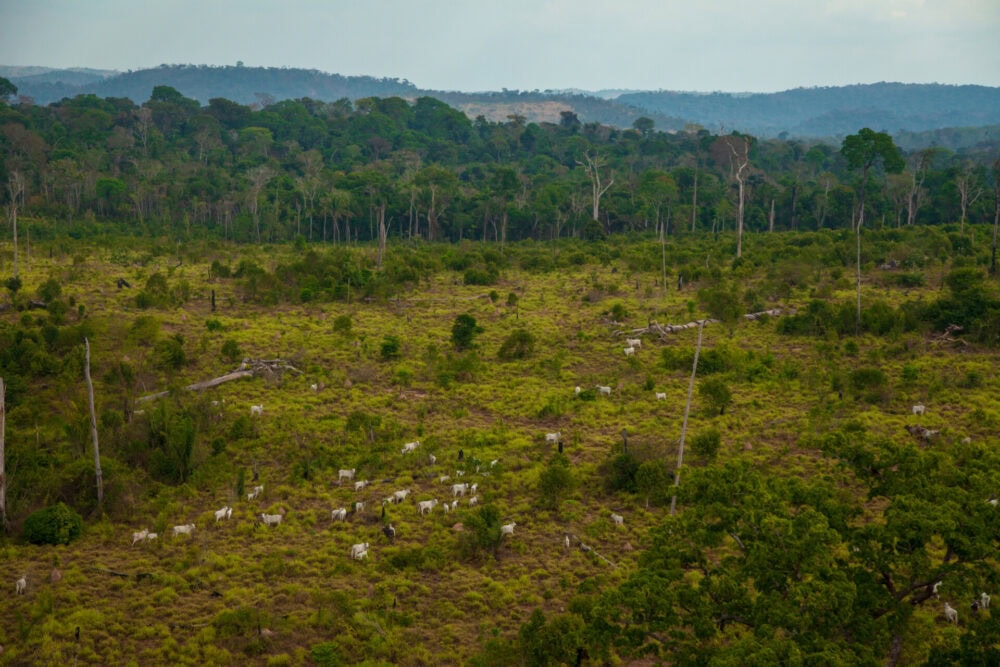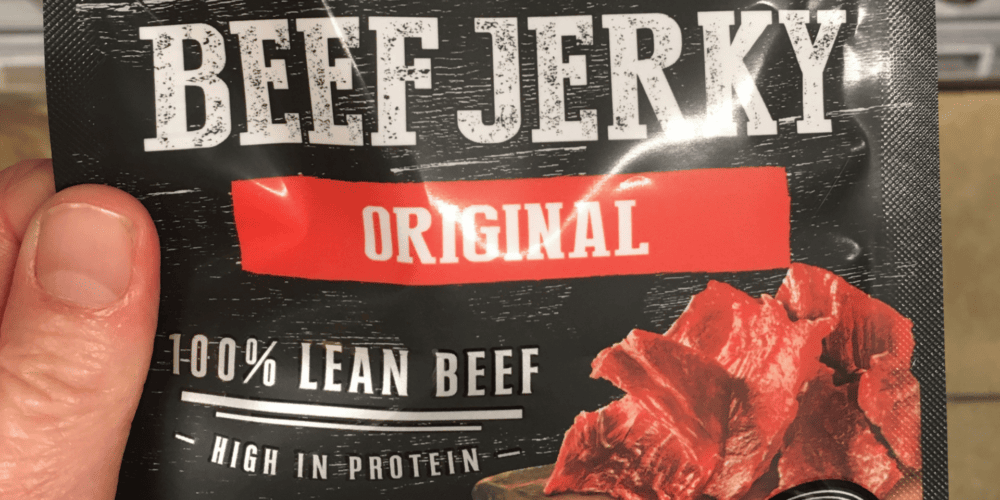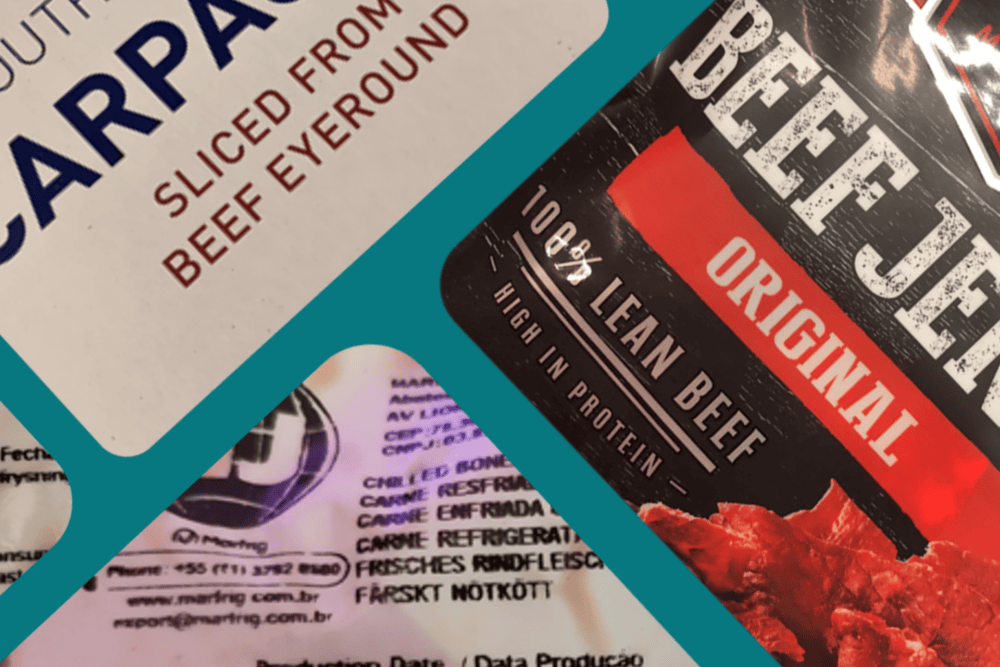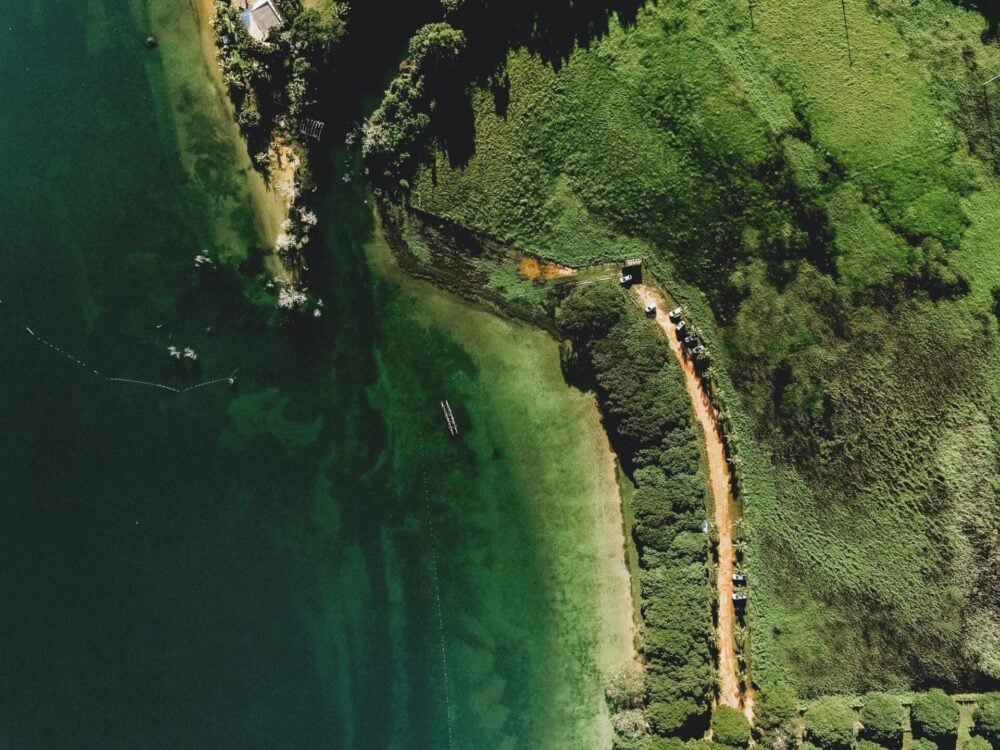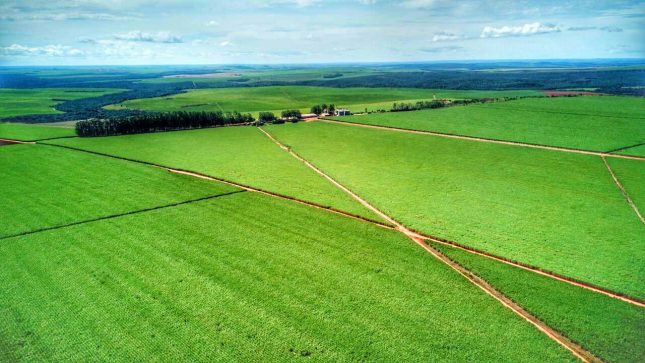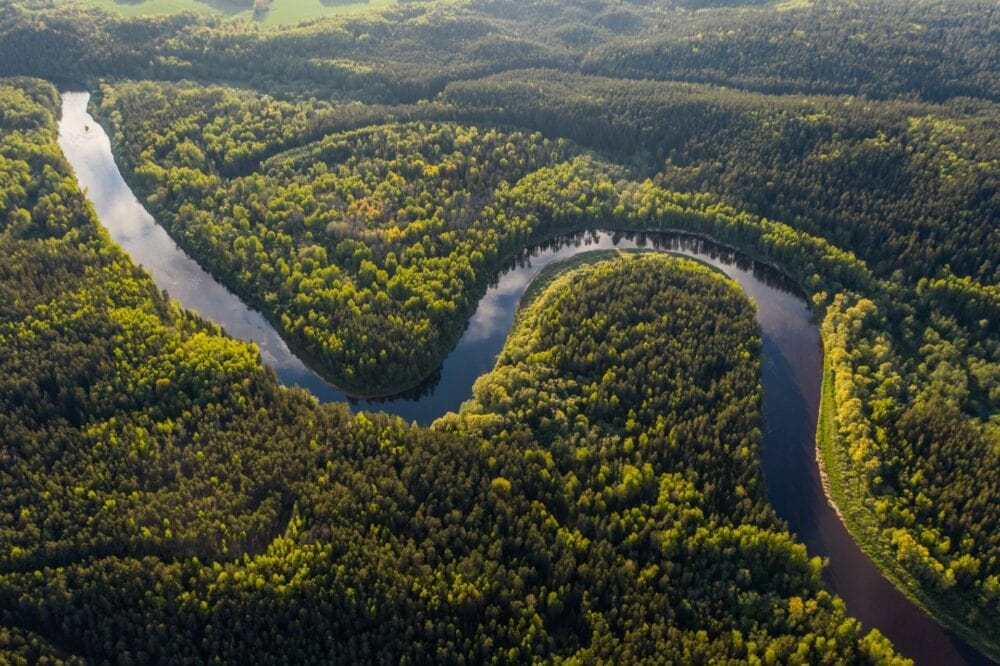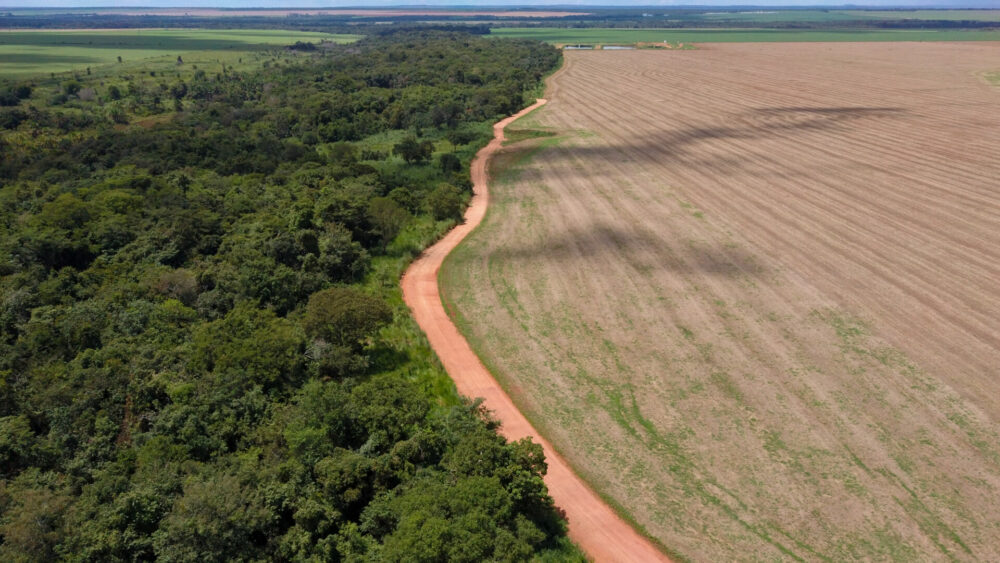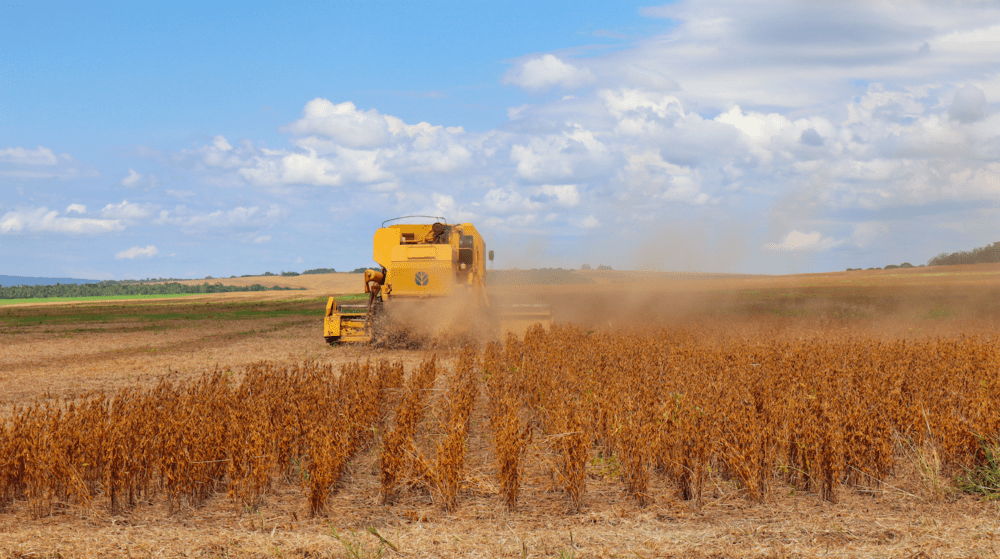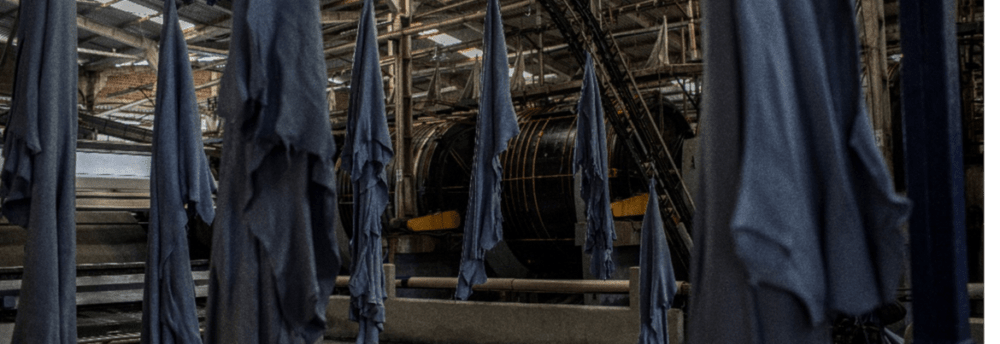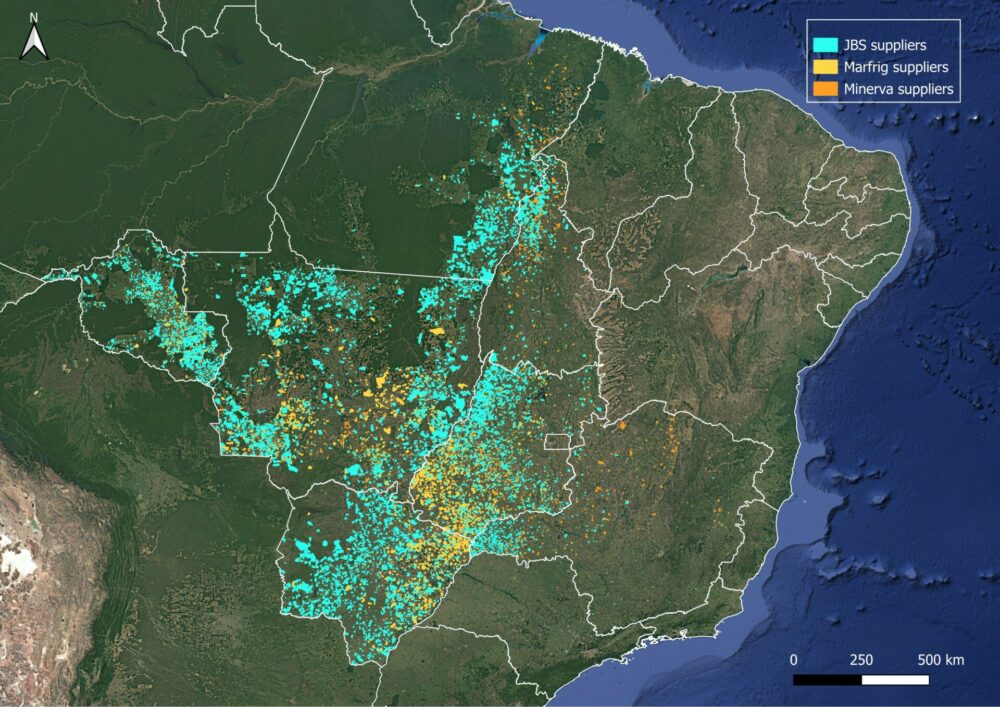
AidEnvironment updates database of direct suppliers to JBS, Marfrig, and Minerva – October 2024
By Valerie de Vries A recent update to AidEnvironment’s database of direct suppliers to JBS, Marfrig, and Minerva—the three largest meatpackers in Brazil—shows an increase of over 35% compared to June of this year. The direct supplying farms now cover an area of 18.4 million hectares, more than twice the size of the Netherlands and Belgium combined. Our sample identified […]
Read more
